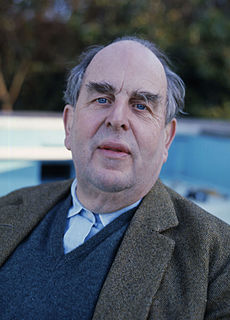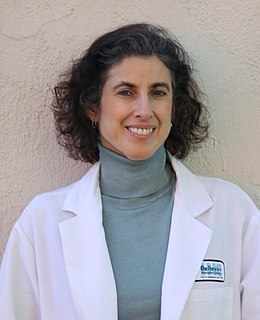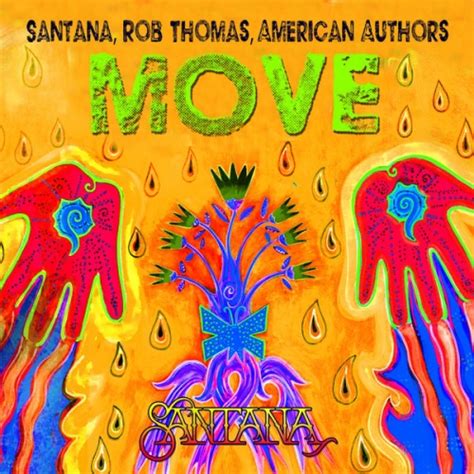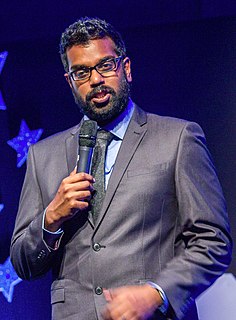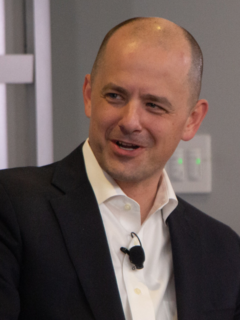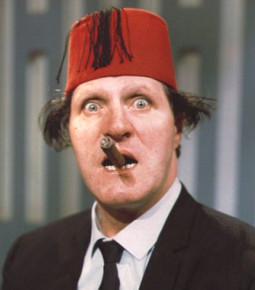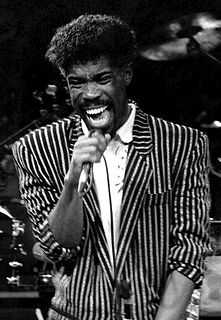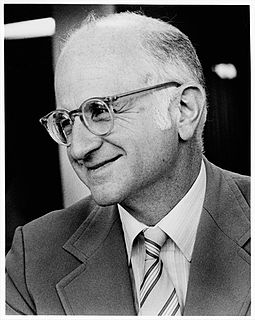A Quote by Robert Morley
COUGHS. These are symptoms, not diseases. Take them to your doctor and he can give you something serious to worry about.
Related Quotes
Being a doctor, I worry that the patient may be uncomfortable about sharing something. It could be sexual dysfunction, an eating disorder, depression, domestic violence - these are serious topics many people don't want to talk about. I'll try to follow up with questions like: How are things at home? How's work? But we don't always have time to probe. Don't be afraid to bring up the important things going on in your life, even if they don't feel 'medical.' Your doctor would rather know than not know.
When you talk about your troubles, your ailments, your diseases, your hurts, you give longer life to what makes you unhappy. Talking about your grievances merely adds to those grievances. Give recognition only to what you desire. Think and talk only about the good things that add to your enjoyment of your work and life. If you don't talk about your grievances, you'll be delighted to find them disappearing quickly.
When a patient tells a doctor that every symptom is the most horrible ever - and the physical exam and labs are normal - we often suspect something psychological is going on. The symptoms aren't fake. They're physical manifestations of anxiety, depression, and stress. So while I'm always on the lookout for a serious underlying disease.
The problem with my mother is that she didn't go to the doctor. And I think by the time she started to show symptoms that something might not be right, and finally went to the doctor, she was so close to her death that she couldn't get the care she had needed. Her big issue was not going to the doctor.
I think of the medium as a people-to-people medium, not cameraman-to-people, not direction-to-people, not writers-to-people, but people-to-peopleYou can only involve an audience with people. You can't involve them with gimmicks, with sunsets, with hand-held cameras, zoom shots, or anything else. They couldn't care less about those things. But you give them something to worry about, some person they can worry about, and care about, and you've got them, you've got them involved.
It's easy to put [serious threats] aside, and the media don't talk about them. Other things are more important. How am I going to put food on the table tomorrow? That's what I've got to worry about, and so on. It's very serious, but it's hard to bring out the enormity of these issues, when they do not have the dramatic character of something you can show in the movies, with a nuclear weapons falling and everything disappears.
And you realise you're doing a public service in making people happy - as a musician you can give people something a doctor, a lawyer, a politician cannot give them that. It's not scientific. It's spiritual - a good feeling. And although you don't know them personally, the audience are like your friends.
